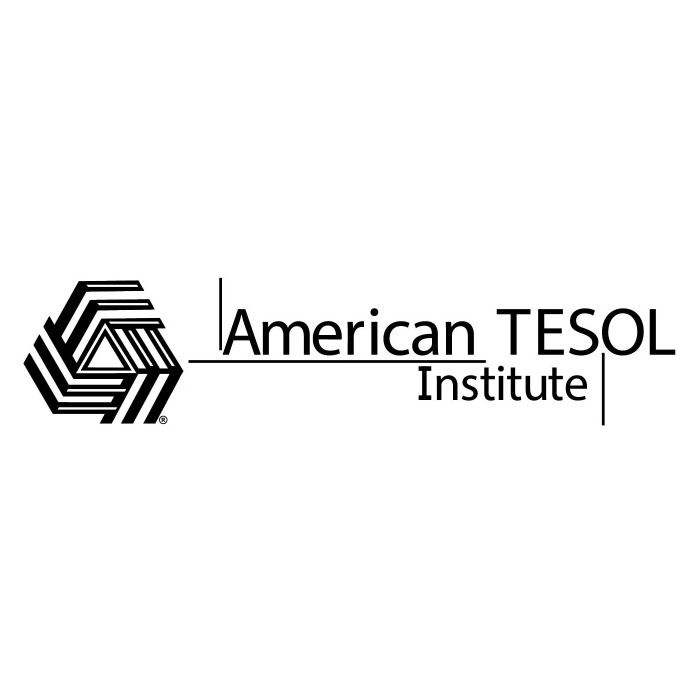When students have a question or want to learn something new, their first instinct is often to search for the answer online using a search engine. While this approach provides quick access to a wealth of information, it doesn’t always yield relevant or credible results, especially for English language learners. The language barrier can present significant challenges in navigating search engines and distinguishing trustworthy content from unreliable sources. As Artificial Intelligence (AI) continues to evolve, the future of search is set to become more sophisticated, enabling more accurate and context-aware results. In this article, we explore how AI-driven search can transform learning for language students and share strategies for TESOL teachers to help students become skilled searchers.
AI’s Role in the Future of Search
The integration of AI into search engines has already started to change the way people find information. Traditionally, search engines rely on keywords to match web pages to a user’s query. However, AI-powered search takes it a step further by using natural language processing (NLP) and machine learning algorithms to understand the context and intent behind the user’s question. Instead of merely matching keywords, AI-driven search engines aim to comprehend the meaning behind the query, providing more relevant and refined results. For language learners, this can mean fewer confusing search results and a better chance of finding useful resources, even if the query is not perfectly worded.
AI-enhanced search can also personalize results based on the user’s search history, preferences, and language proficiency. For example, a beginner-level English learner searching for “English grammar rules” may receive simpler explanations and beginner-friendly resources, while an advanced learner could be shown more in-depth articles and nuanced grammar discussions. This tailored approach can make learning more accessible and efficient, allowing students to find materials that match their current language level and learning style.
Teaching Language Learners to Search Smarter
To prepare English language learners for the future of AI-powered search, TESOL teachers can provide targeted instruction on search techniques, evaluation of online sources, and digital literacy. Here are some strategies to help students become more skilled searchers:
- Use Lesson Plans Focused on Search Skills
Introduce students to lesson plans that cover essential search skills, such as using keywords effectively, understanding Boolean operators (AND, OR, NOT), and narrowing down search results. For instance, a lesson could involve comparing search results for different variations of a query, such as “English vocabulary for travel” versus “basic travel phrases in English,” to show how wording changes can impact the relevance of the results.
- Teach Source Evaluation Techniques
It’s crucial for students to learn how to evaluate the credibility and reliability of search results. Teachers can provide checklists or infographics with questions like: “Who is the author?” “What is the publication date?” “Is the source biased?” “Does the website belong to a recognized organization?” Conducting classroom activities that involve comparing credible and non-credible sources can help students develop the skills needed to identify quality information.
- Introduce AI and Search Tools to Enhance Learning
Familiarize students with AI-driven search tools that offer enhanced language learning experiences. Some AI-based tools can summarize articles, generate explanations for difficult words, and even answer complex questions in multiple languages. These tools can help language learners better understand the search results they find and make it easier to access information without getting overwhelmed by technical jargon.
- Create Search Challenges or Scavenger Hunts
Search challenges or digital scavenger hunts can be a fun and educational way to help students practice searching for information online. Teachers can design challenges where students must find specific information on a topic, such as historical facts about a famous English-speaking city, and compare the quality of the sources they used. This activity encourages critical thinking and helps students refine their search strategies.
- Leverage Visual and Multimedia Resources
Since AI-powered search engines are becoming better at finding images, videos, and infographics, language learners can benefit from incorporating these types of media into their searches. Visual content is often more accessible for English learners, making it easier for them to understand complex topics. Teachers can show students how to use image searches, video tutorials, and multimedia resources to support their learning, especially when text-based information seems challenging.
The Role of Infographics in Teaching Search Skills
Infographics are an effective tool for teaching search skills to English language learners because they visually break down complex information into easy-to-understand steps. TESOL teachers can use infographics to illustrate the do’s and don’ts of searching, tips for refining a search, or how to evaluate website credibility. Infographics also make learning more engaging, especially for visual learners, and can be used as reference guides for students to revisit as needed.
Resources for Teaching Search Skills
- Webinar Materials: Participating in webinars that focus on digital literacy and search skills can provide teachers with up-to-date strategies and resources for teaching search skills. These sessions often include downloadable lesson plans, classroom activities, and interactive tools for guiding students through the search process.
- AI-Based Search Tools for Language Learning: Introduce students to AI-powered resources like language-specific search engines, grammar checkers, and vocabulary expansion tools that can support their learning. Platforms that use AI to suggest synonyms, explain idioms, or translate words in context can enhance students’ search experience.
- Online Libraries and Educational Databases: Guide students to use online libraries and databases, which often have more reliable and academic content than general search engines. These resources can help students access quality information for research projects and other assignments.
AI and the Future of Search: Implications for TESOL
As AI continues to shape the future of search, TESOL teachers have a unique opportunity to prepare students for a world where finding information will be more intuitive, personalized, and efficient. The ability to search for information effectively and evaluate sources is a critical 21st-century skill that extends beyond language learning to all areas of life. By teaching students how to harness the power of AI-enhanced search, educators can equip them with the tools to become independent learners, confident researchers, and digitally literate global citizens.
The evolving landscape of search technology presents exciting possibilities for the TESOL community. Teachers can leverage these advances to create engaging, meaningful, and effective language learning experiences that not only improve students’ English proficiency but also develop their critical thinking and digital literacy skills. With AI’s continued integration into the world of search, the possibilities for enhancing language education are vast, promising a future where students are better equipped to find the right answers, no matter the question.



